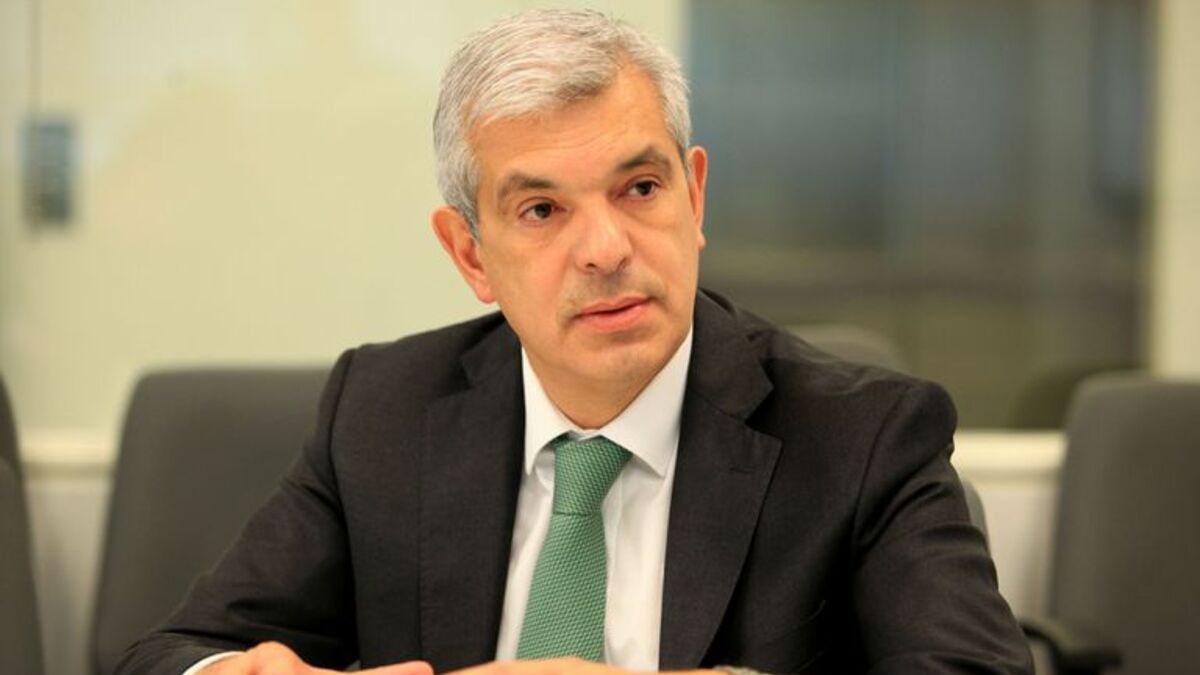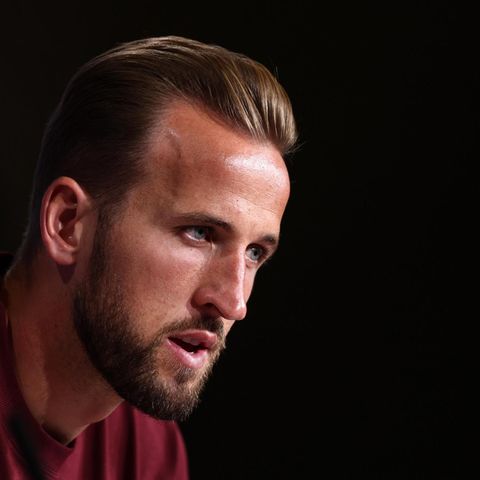Julian Dominguez: I have always believed and am convinced that the Argentine countryside is constitutive of our national identity and from politics, convinced that there is no political project in Argentina without its intelligence, its thought and the vision of its leaders, linked to the sector that more produces. It is a real nonsense that this happens. A foreign university analyzed the profitability of our production chains in different decades and they asked me how it could be that the moments of greatest profitability coincided with those of greatest tension with the governments. These are the mistakes we have made from politics. Our leadership does not know the agricultural sector and not only that of our government, but also that of other political forces. There is a very Buenos Aires leadership that does not incorporate in its vision what the field can contribute to the country. I always thought the same, Perotti too. We are part of a leadership that has always argued that the main mistake we have made as politicians was being distanced from the most competitive sector. I am going to put all my effort into being a bridge and as minister of this portfolio I dream that this crack can be closed.
Q.: Does exporting more conspire against the needs of the domestic market?
JD: The first thing we have to understand is that we are one country and that we have common needs. The day that does not happen will be the day that Argentina does not get into debt in a “financial casino” and we do not have to face extraordinary commitments in dollars of debts that went to the financial system and not to industry or production. The country grew when it was able to allocate its exportable surpluses to financing productive infrastructure. Argentina has 50% poverty and I have to be the face of a sector that looks to the future but I know that there are other portfolios where pain and anguish are seen. The mistake was thinking that these things were incompatible, but it is the country we live in, the country of the mistakes we have made as a leadership. It cannot be that we have this model of territorial development with people concentrated in large urban centers. I think we need a leadership that has a universal vision applied to the development of the country and the countryside has a lot to contribute.
Q.: What can the field contribute to the agreement with the IMF?
JD: Beyond the agreement with the Fund, I know what we have to do to respond to the needs of the world. We are a country with highly trained producers, who in the last two decades have made a transformation that places them as global leaders in the industry. What we have to do is produce more, generate added value, develop research and apply it to the production system. The FAO projects that by 2050 we will have 3,500 million more inhabitants in the world: this means that the war crisis advanced the claim of the demand. There are more demanding consumers in Russia, China, the Arab countries, who require what we produce.
Q.: What economic impact will the war have on agribusiness?
JD: Argentina was always part of the solution in these global problems. Unfortunately all the exportable wheat was sold, we had good prices but the rumors and the versions forced us to sell. That’s why they couldn’t take advantage of current prices. “Chambones” those who believe in rumors, because they made a run in three days in the export registry based on rumors. Another important issue is that the Spanish Minister of Agriculture asked the European Union to review the phytosanitary regulations for the entry of grains and mentioned Argentina. In any case, we must bear in mind that the 17 million tons of Ukraine’s wheat are, were not affected by the war and the same goes for the 10 million tons of soybean oil. I believe that a sanitary corridor will be built that will allow this production to be removed.
Source: Ambito
David William is a talented author who has made a name for himself in the world of writing. He is a professional author who writes on a wide range of topics, from general interest to opinion news. David is currently working as a writer at 24 hours worlds where he brings his unique perspective and in-depth research to his articles, making them both informative and engaging.




